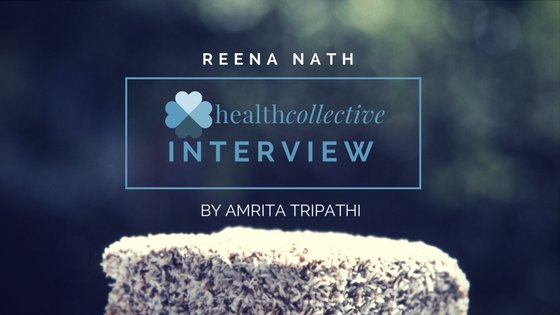Mental Health in the News

THE HEADLINE: How India Perceives Mental Health (The Live Love Laugh Foundation)
WHAT YOU NEED TO KNOW: High Awareness on Mental Illness is coupled with High Stigma. The Live Love Laugh Foundation and Kantar Public conducted a study of 3,556 people across 8 Indian cities to understand more about levels of awareness about mental health in India, and attitudes towards those suffering from mental illness. Male and female respondents from eight cities — Delhi, Kolkata, Hyderabad, Pune, Patna, Mumbai, Bengaluru and Kanpur — took part in a mix of qualitative in-depth interviews and structured, quantitative interviews, TLLL Foundation says.
The survey found that about 87% of people had a high awareness of mental illness (using at least one term that relates to names and symptoms of mental illness) but also high stigma — about 62% of participants used derogatory terms to describe those with mental illness.
Source: The Live Laugh Love Foundation
Read more here: How India Perceives Mental Health (2018) (Source: The Live Laugh Love Foundation)

THE HEADLINE: Dementia Study Links Risk With Fitness Level (CNN)
WHAT YOU NEED TO KNOW: A study published in the medical journal Neurology found that there’s a 88% lower risk of dementia in women with high cardiovascular fitness, or high stamina, than those with moderate fitness.
The 44-year study began in 1968 with a sample of 1,462 women in Sweden, between the ages of 38 and 60. This part of the study involved 191 Swedish women, who were given a cycling test back in 1968 and tracked over the 4 and half decade period.
CNN reports: “The researchers also found that the average age at dementia onset was 11 years older in the “high fitness” group than in the “medium fitness” group, and the most pronounced risk reduction was seen among those with the highest fitness: “High compared to medium fitness decreased the risk of dementia by 88%,” the researchers wrote.”
Though it is a small sample size, the results could prompt more research in this field.
Source: CNN (https://edition.cnn.com/2018/03/14/health/dementia-risk-fitness-study/index.html)
Read More: http://n.neurology.org/content/early/2018/03/14/WNL.0000000000005290
THE HEADLINE: New Study Elucidates Links Between PCOS and anxiety (Science Daily)
WHAT YOU NEED TO KNOW: A study on mice indicates that there is a sex-specific response in offspring exposed to maternal diet-induced obesity and androgen.
“Maternal obesity and androgen excess induce sex-specific anxiety in the offspring, according to a study on mice. The findings may help explain why children born to mothers with polycystic ovary syndrome (PCOS) have increased risk of developing anxiety later in life,” Science News reports in its summary, of a study done by Karolinska Institutet.
Female mice offspring were more sensitive to androgen exposure, and males to diet-induced obesity. This study could have implications for people, and help explain whether or why children of women with PCOS may be at higher risk of anxiety.
Source: Karolinska Institutet. “New study elucidates link between PCOS and anxiety.” ScienceDaily. ScienceDaily, 23 March 2018. <www.sciencedaily.com/releases/2018/03/180323091054.htm>
(Compiled by Sukanya Sharma and Amrita Tripathi for The Health Collective)




